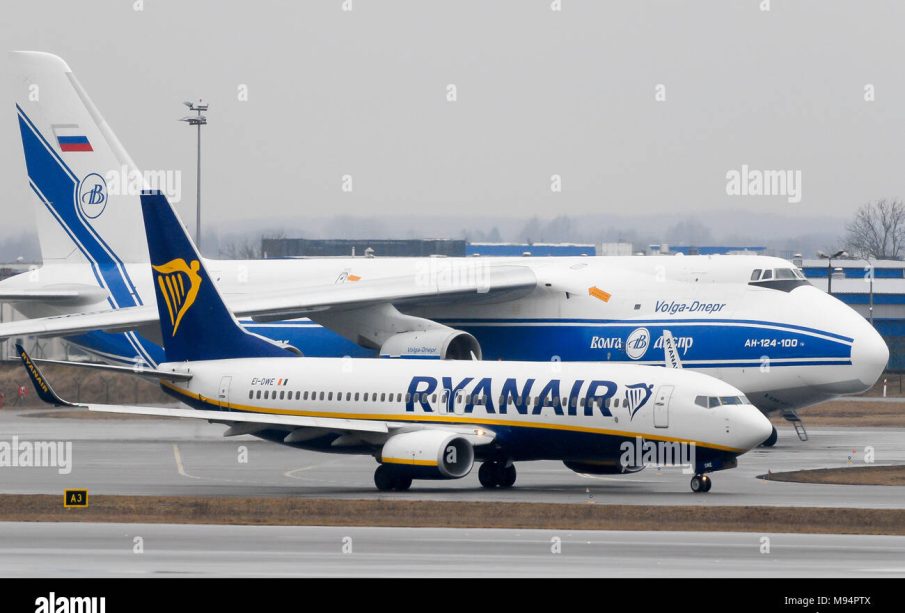Ryanair: Adapting to the Aviation Landscape

Importance of Ryanair in the Aviation Industry
Ryanair is one of Europe’s largest low-cost airlines, known for its no-frills approach to air travel. Founded in 1984, its significance in the aviation sector lies in its ability to make air travel more affordable for millions of passengers. As the airline industry gradually recovers from the impacts of the COVID-19 pandemic, the evolvement and strategies of Ryanair remain relevant for both the aviation market and consumers.
Recent Developments
Over the past year, Ryanair has been implementing several strategies to navigate the challenges posed by rising fuel costs and intense competition. In September 2023, the airline announced record passenger numbers with a 10% increase in bookings compared to the previous year. This surge is attributed to its extensive summer schedule and new routes that appeal to leisure travellers seeking affordable options.
Moreover, Ryanair’s management has been proactive in addressing customer concerns related to service quality. Recent upgrades include the restructuring of its flight cancellation policies and enhancements to in-flight services. The airline has also committed to investing approximately £1 billion in green technology over the next five years, aiming to reduce its carbon footprint significantly.
Challenges Ahead
Despite these successes, Ryanair faces formidable challenges. The competitive landscape is evolving with other low-cost carriers expanding their market share and premium airlines lifting their game. Additionally, airport staff shortages have triggered operational hiccups, leading to potential delays and cancellations, which can harm the airline’s reputation.
Conclusion
As Ryanair continues to adapt in a dynamic and challenging environment, its strategies in responding to customer needs while maintaining cost-effectiveness will be pivotal in determining its future growth. The airline’s ambitious sustainability goals and commitment to enhancing passenger experience also highlight the broader industry trends towards responsible travel. For consumers, this evolving scenario offers a range of flying options, reflecting both the benefits and realities of today’s competitive aviation market.







